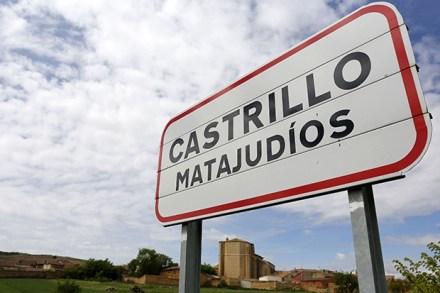Paranoid
I sat up with a jerk, after contemplating the wallpaper in the television dramatisation of The Woman in White, when a character wondered aloud if he was paranoid. Paranoid? How could he be? The novel was finished by 1860 and paranoid was not invented till 1902 (in a translation of a book by the psychiatrist Emil Kraepelin) Kraepelin applied paranoid to delusions in what he called dementia praecox. From 1912 dementia praecox began to be supplanted by schizophrenia. None of this was dreamt of by Wilkie Collins. The TV adaptor, Fiona Seres, would never have introduced references to Tesla cars. On the other hand, she no doubt used invisibly anachronistic


